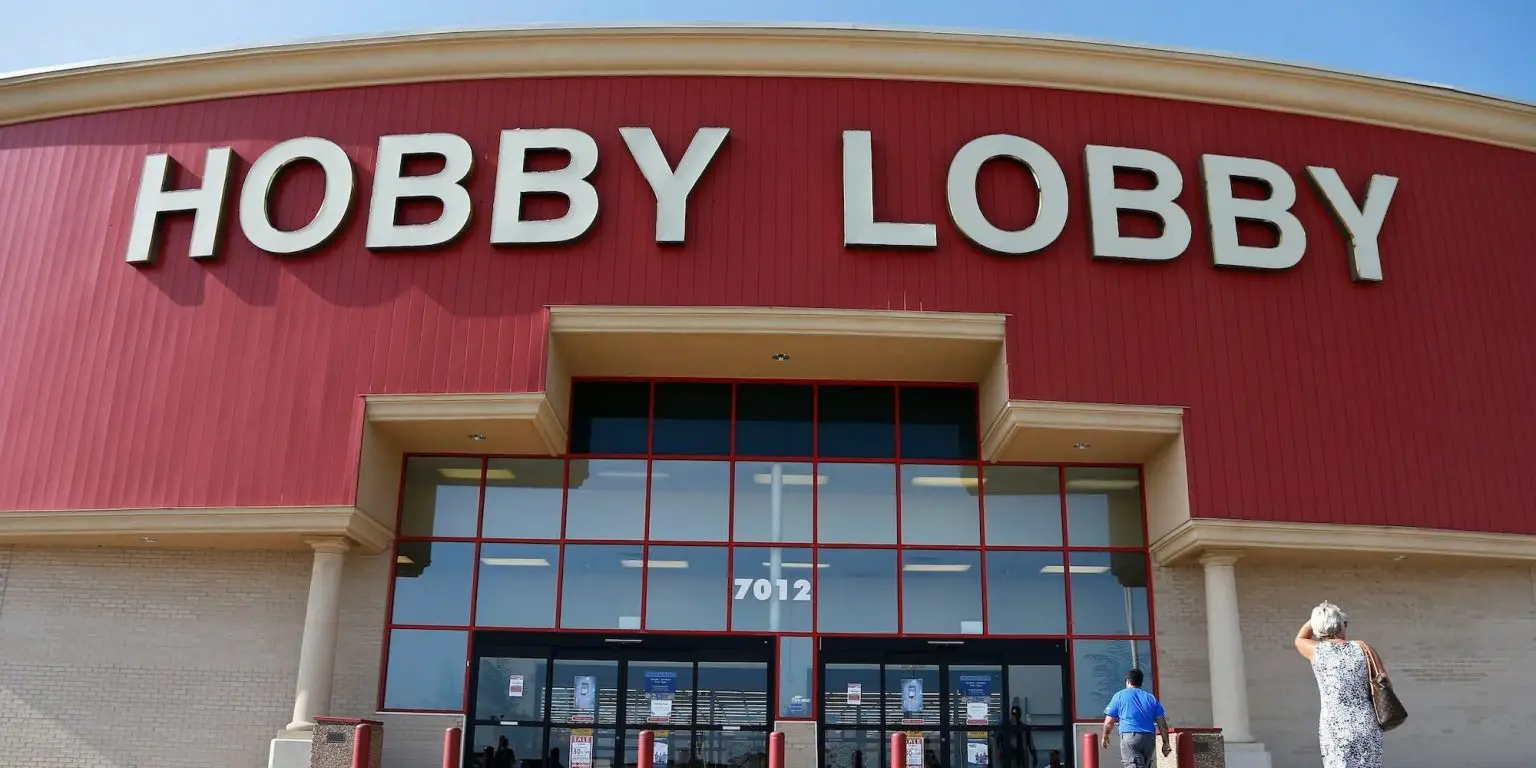### Hobby Lobby Brings a Touch of Craft to TriBeCa
Hobby Lobby, a well-known craft retailer closely associated with its owners’ evangelical beliefs, has set its sights on TriBeCa, Manhattan for its latest store location. This decision, unsurprisingly, has sparked an array of reactions among the local community.
#### A New Addition to Manhattan’s Vibrant Community
TriBeCa, known for its cobblestone streets and historic loft buildings, has always been a melting pot of culture and creativity. The arrival of Hobby Lobby introduces a new dimension to this diverse neighborhood, offering a vast selection of arts and crafts supplies that cater to both amateur and professional creators alike.
While the neighborhood is no stranger to commercial establishments, the introduction of a large retail chain like Hobby Lobby has ignited a debate. Some residents and local business owners have expressed concerns about the potential impact on the area’s unique character and the influence of a corporation whose owners have not shied away from expressing their personal beliefs in the public sphere.
#### Hobby Lobby: More Than Just a Craft Store
Founded in 1972, Hobby Lobby has grown from a modest family-operated business into a national chain with over 900 stores across America. Known for its extensive range of craft supplies, home decor items, and unique seasonal offerings, the store aims to provide a one-stop-shop for creative minds looking to bring their visions to life.
Moreover, Hobby Lobby is closed on Sundays, a decision reflective of the owners’ Christian values, allowing employees time for family and worship. This policy is part of a broader ethos that integrates their faith with business practices—a point of contention and admiration, depending on one’s perspective.
#### Community Response and the Debate on Corporate Presence
The response from the TriBeCa community has been mixed. Some locals welcome the convenience and variety that a large craft store could offer. Enthusiastic crafters and hobbyists in the area look forward to having access to a wide array of supplies right in their neighborhood. On the other hand, critics argue that the presence of Hobby Lobby might detract from the local charm and impact small, independent businesses that have been a staple of TriBeCa’s identity.
The debate also extends to the implications of patronizing a business whose leadership is openly aligned with specific ideological beliefs. This aspect has previously placed Hobby Lobby at the heart of national discussions, particularly concerning its stance on topics like healthcare and religious freedom.
#### Moving Forward
As Hobby Lobby prepares to open its doors in TriBeCa, the community continues to weigh the benefits and drawbacks. Will the convenience and resources that Hobby Lobby brings outweigh the potential cultural shift within this bustling Manhattan neighborhood? Only time will tell how this new addition will integrate with the dynamic canvas of TriBeCa.
Meanwhile, discussions around the impact of large retailers in historically rich neighborhoods prompt a broader conversation about growth, diversity, and the essence of community identity. As Manhattan continues to evolve, each new business, irrespective of its background, plays a part in shaping the multicultural, vibrant landscape of this iconic city.
As Hobby Lobby makes its mark on TriBeCa, it promises to be a focal point for discussions on community, creativity, and culture—pillars that stand at the very heart of the neighborhood’s enduring appeal.










